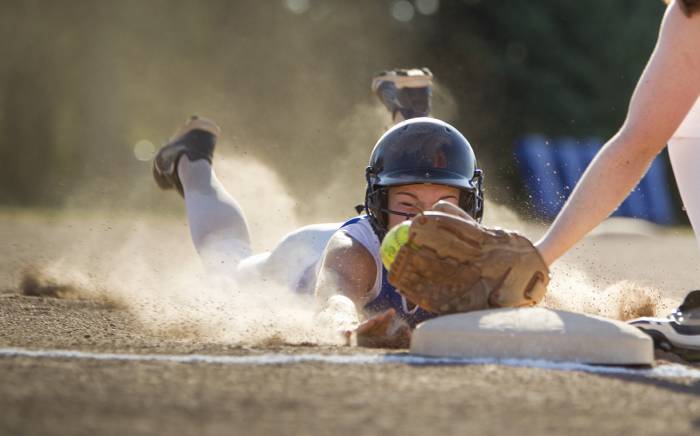Demanding, intolerant coaches can ruin a child’s love of the game. Learn to identify the signs of a bad coach and how you can get help.
Whether suggesting a child play through an injury or providing preferential treatment to star players on the team, a bad coach does not focus on promoting a well-rounded team that’s grounded in the essentials. More than just being tough on kids, the bad coach makes demeaning, humiliating comments rather than offering suggestions for improvement.
While the trademark of a bad coach may be yelling at players, unreasonable expectations can be set without coaches raising their voices.
“When we think of a ‘bad’ coach, we think of an outgoing, aggressive drill instructor,” says Mark Halstead, MD, a Washington University sports medicine physician at St. Louis Children’s Hospital. “Many times, there are subtle things coaches do—such as putting too much pressure on kids to perform or play through an injury—that are just as damaging, but are not usually perceived as bullying.”
Pain and Problems
“When a coach is driving too hard, children are set up for an overuse injury,” Dr. Halstead says. “Kids who are pushed for hours and hours each day to the brink of exhaustion run the risk of heat illnesses or other injury.”
The pressure to perform perfectly can also affect the mental health of athletes and cause kids to underperform because of stress. Bad coaches can undermine athletes’ efforts in ways that last well beyond the regular season.
If you have concerns about a coach, talk with your child to see if there are shared worries. If there are, decide as a family what to do next, whether it’s appropriate to approach the coach or find a new team. Ask other parents for coach or team recommendations.








